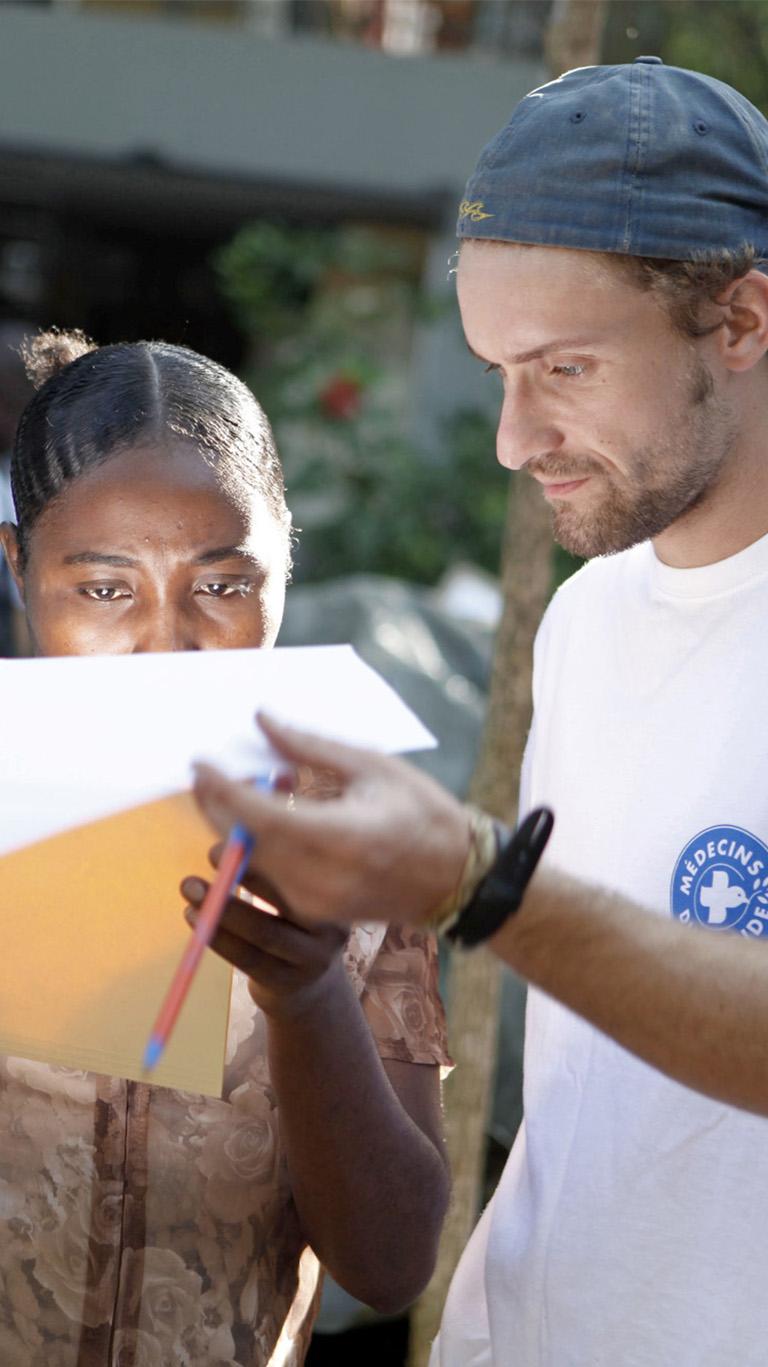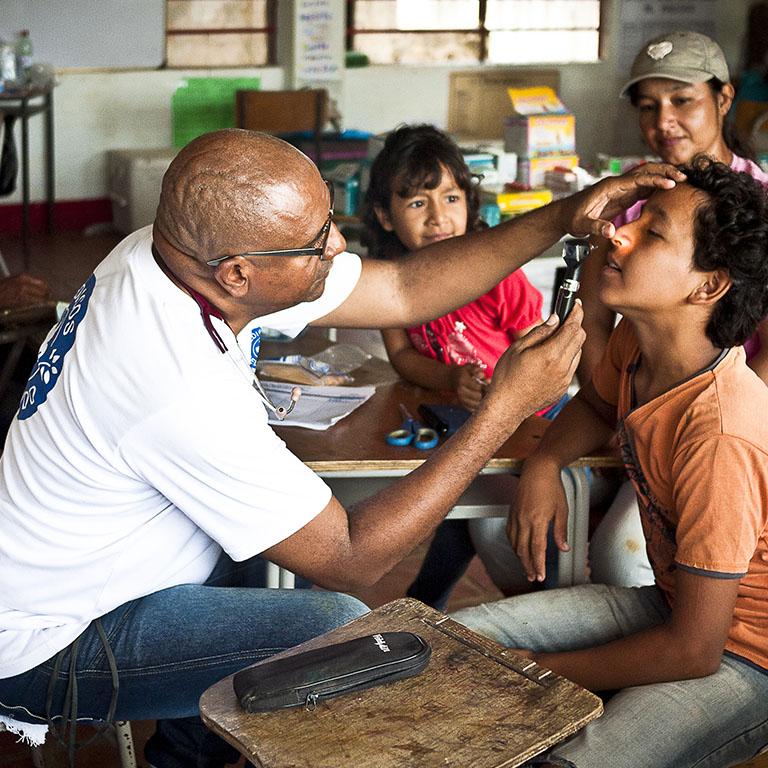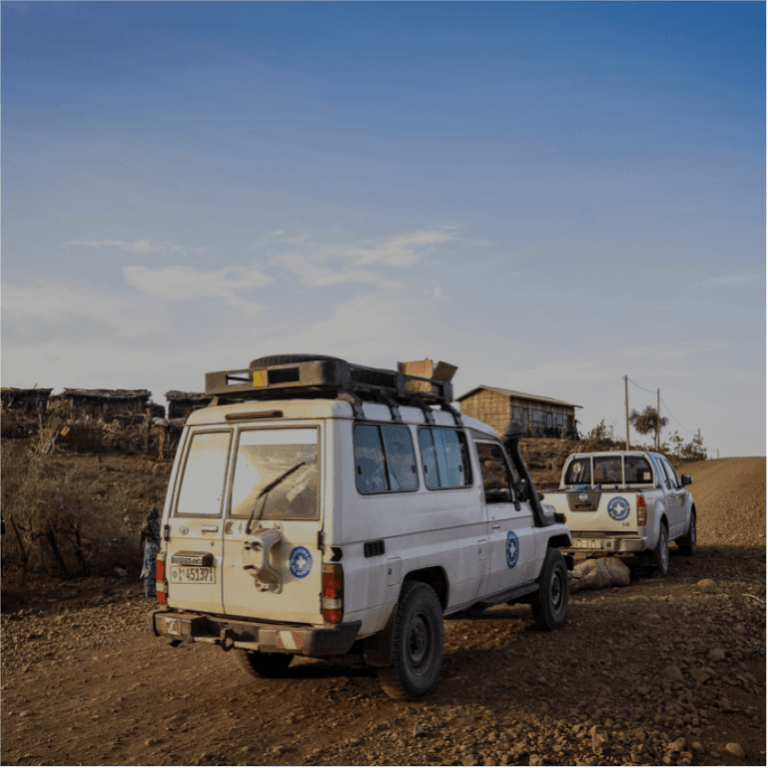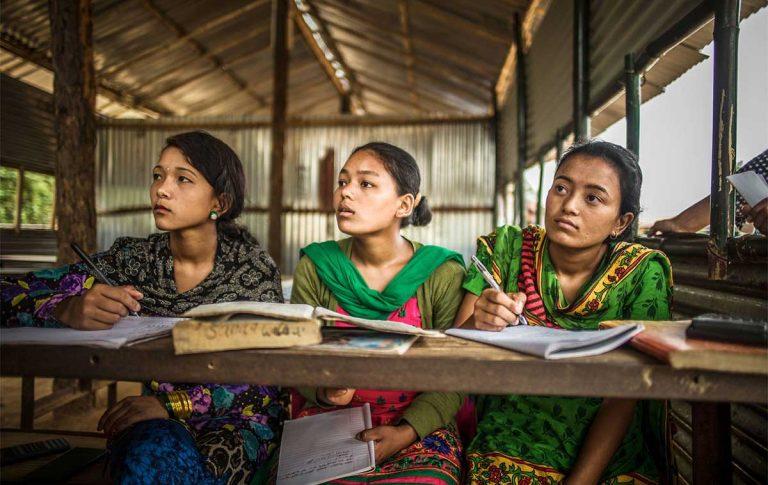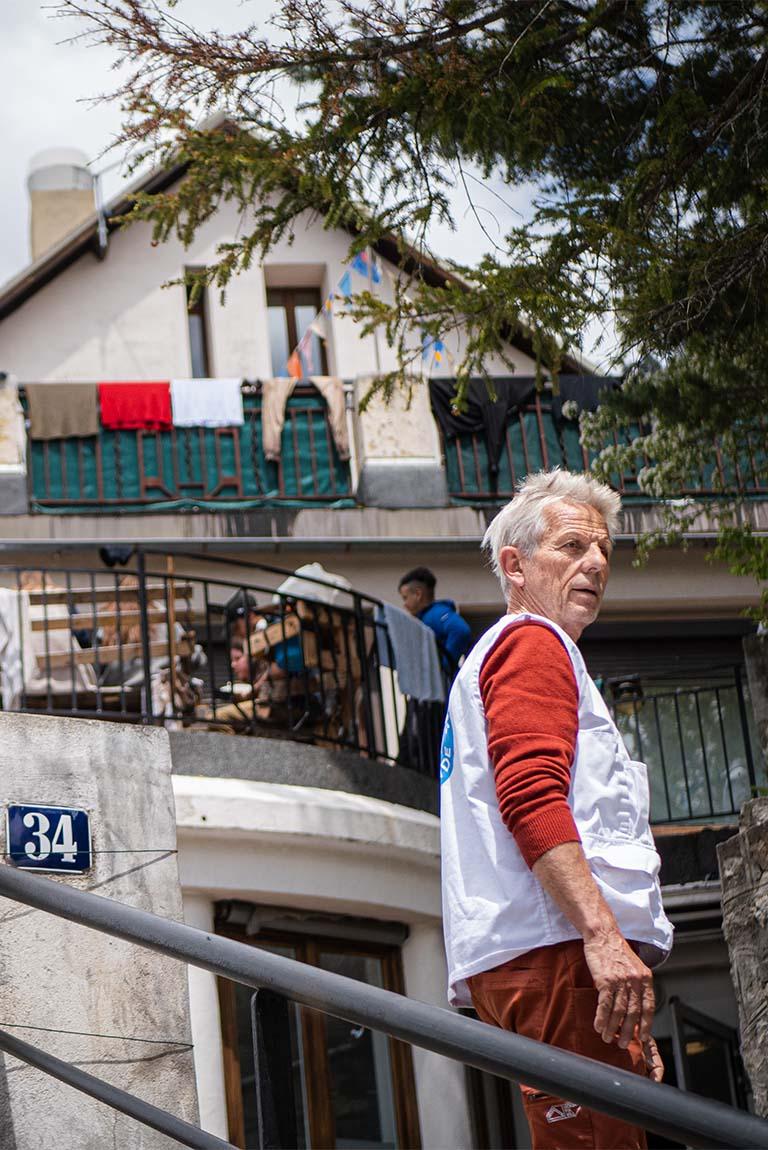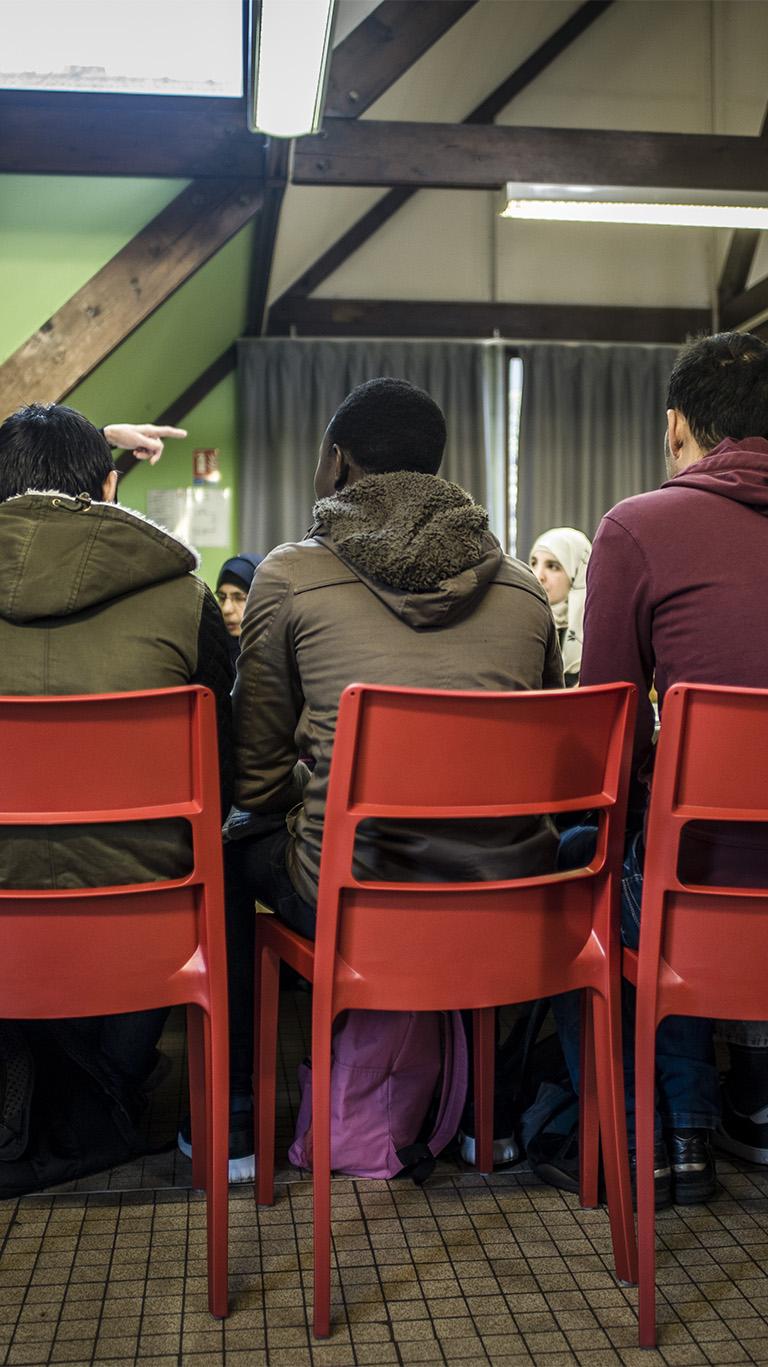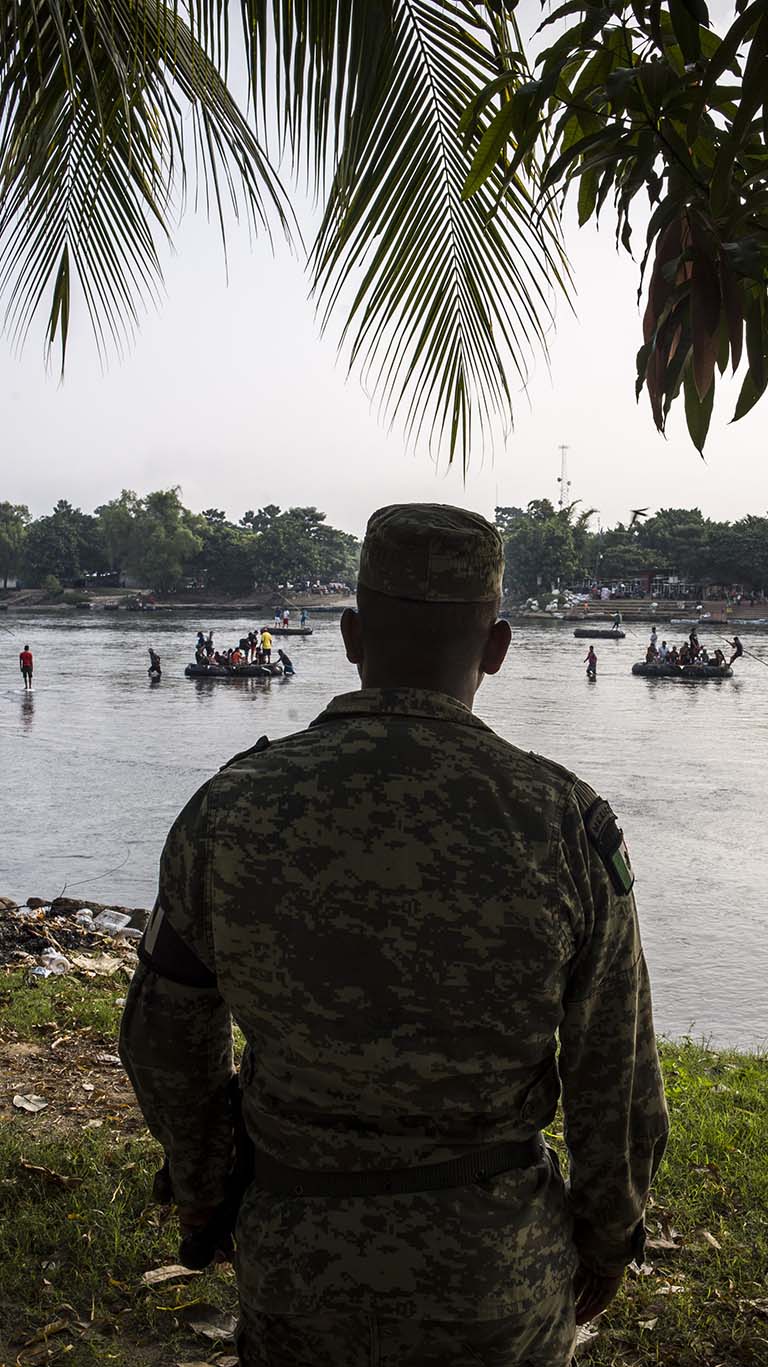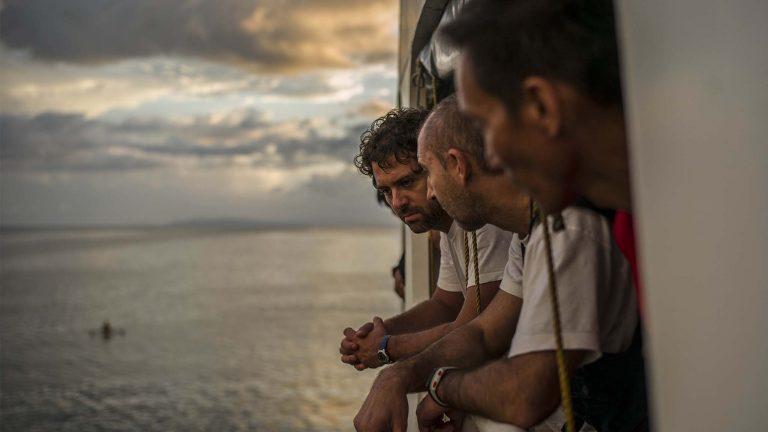Asia
Living and working conditions, epidemics and social change in Asia are causing major public health issues. Political and religious persecution, wars and poverty are also leading to broader migration movements across the Asian continent.
Asia
Living and working conditions, epidemics and social change in Asia are causing major public health issues. Political and religious persecution, wars and poverty are also leading to broader migration movements across the Asian continent.
Asia
Living and working conditions, epidemics and social change in Asia are causing major public health issues. Political and religious persecution, wars and poverty are also leading to broader migration movements across the Asian continent.
Asia
Living and working conditions, epidemics and social change in Asia are causing major public health issues. Political and religious persecution, wars and poverty are also leading to broader migration movements across the Asian continent.
Asia
Living and working conditions, epidemics and social change in Asia are causing major public health issues. Political and religious persecution, wars and poverty are also leading to broader migration movements across the Asian continent.
Asia
Living and working conditions, epidemics and social change in Asia are causing major public health issues. Political and religious persecution, wars and poverty are also leading to broader migration movements across the Asian continent.
America
Social exclusion, violence, political turmoil and poverty in Latin America are driving populations to set out, leaving them with no other choice than fleeing their country. Central and South America are facing emergencies and humanitarian crises, causing great health needs; medical infrastructure and medical staff are sometimes lacking while damage caused by violence remains a major barrier to access to care for the most vulnerable.
America
Social exclusion, violence, political turmoil and poverty in Latin America are driving populations to set out, leaving them with no other choice than fleeing their country. Central and South America are facing emergencies and humanitarian crises, causing great health needs; medical infrastructure and medical staff are sometimes lacking while damage caused by violence remains a major barrier to access to care for the most vulnerable.
Middle East
In the Middle East, several countries such as Iraq, Syria or Yemen are in the grip of civil war. Many populations are forced to seek refuge in the neighbouring regions to escape from violence and insecurity.
Middle East
In the Middle East, several countries such as Iraq, Syria or Yemen are in the grip of civil war. Many populations are forced to seek refuge in the neighbouring regions to escape from violence and insecurity.
Middle East
In the Middle East, several countries such as Iraq, Syria or Yemen are in the grip of civil war. Many populations are forced to seek refuge in the neighbouring regions to escape from violence and insecurity.
Middle East
In the Middle East, several countries such as Iraq, Syria or Yemen are in the grip of civil war. Many populations are forced to seek refuge in the neighbouring regions to escape from violence and insecurity.
Middle East
In the Middle East, several countries such as Iraq, Syria or Yemen are in the grip of civil war. Many populations are forced to seek refuge in the neighbouring regions to escape from violence and insecurity.
Europe
The violence of armed conflicts and the instability it fuels in a number of African countries contribute to seriously destabilise healthcare systems that are already fragile and relatively inaccessible.
Europe
The violence of armed conflicts and the instability it fuels in a number of African countries contribute to seriously destabilise healthcare systems that are already fragile and relatively inaccessible.
Europe
The violence of armed conflicts and the instability it fuels in a number of African countries contribute to seriously destabilise healthcare systems that are already fragile and relatively inaccessible.
Africa
The violence of armed conflicts and the instability it fuels in a number of African countries contribute to seriously destabilise healthcare systems that are already fragile and relatively inaccessible.
Africa
The violence of armed conflicts and the instability it fuels in a number of African countries contribute to seriously destabilise healthcare systems that are already fragile and relatively inaccessible.
Africa
The violence of armed conflicts and the instability it fuels in a number of African countries contribute to seriously destabilise healthcare systems that are already fragile and relatively inaccessible.
Africa
The violence of armed conflicts and the instability it fuels in a number of African countries contribute to seriously destabilise healthcare systems that are already fragile and relatively inaccessible.
Africa
The violence of armed conflicts and the instability it fuels in a number of African countries contribute to seriously destabilise healthcare systems that are already fragile and relatively inaccessible.
Africa
The violence of armed conflicts and the instability it fuels in a number of African countries contribute to seriously destabilise healthcare systems that are already fragile and relatively inaccessible.
Africa
The violence of armed conflicts and the instability it fuels in a number of African countries contribute to seriously destabilise healthcare systems that are already fragile and relatively inaccessible.
Africa
The violence of armed conflicts and the instability it fuels in a number of African countries contribute to seriously destabilise healthcare systems that are already fragile and relatively inaccessible.
Africa
The violence of armed conflicts and the instability it fuels in a number of African countries contribute to seriously destabilise healthcare systems that are already fragile and relatively inaccessible.











